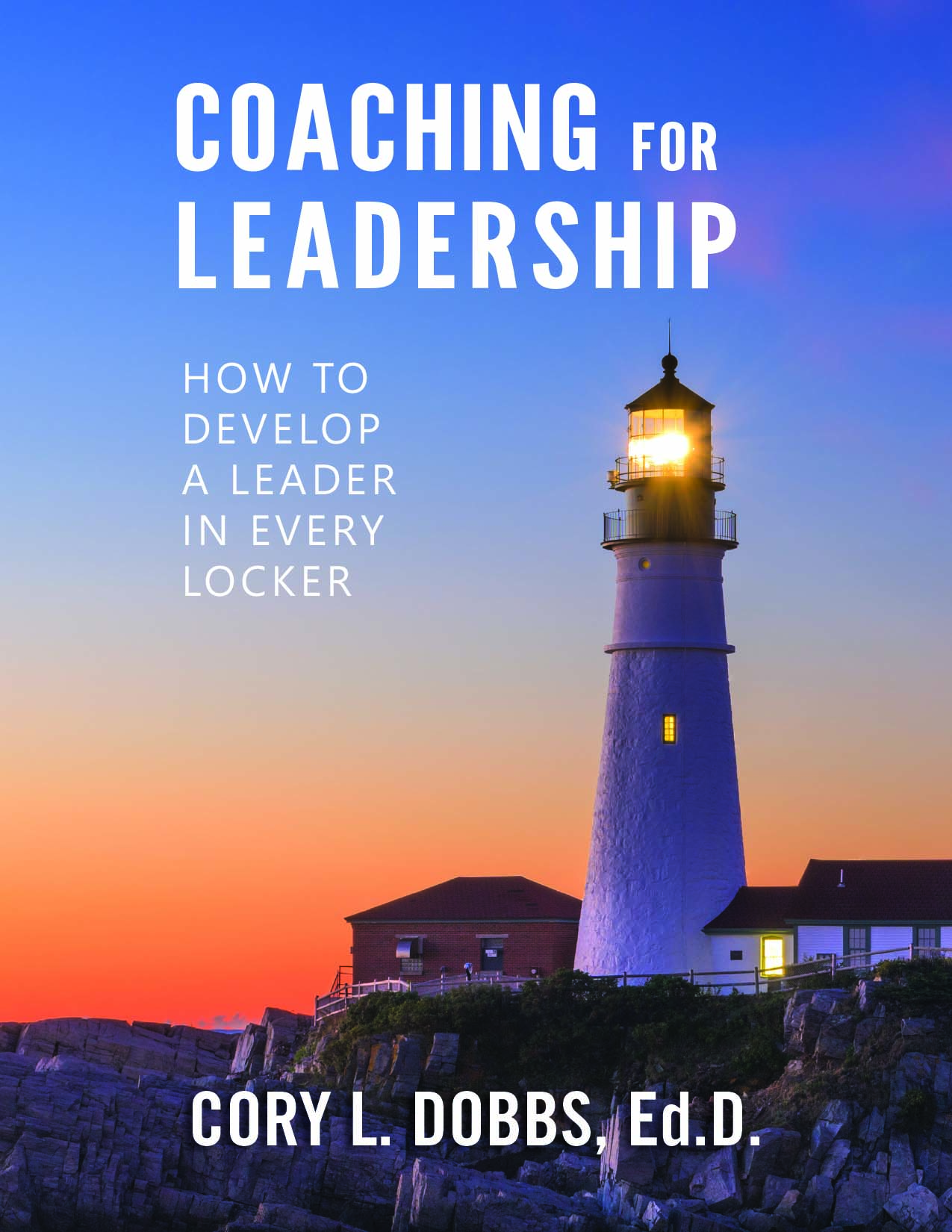Teamwork Intelligence Conversational Exercise
The following questions are intended for leadership conversation involving coaches and players. The deeper your conversation goes the closer and clearer you get to understanding the heart and mind of each team member. The deeper the better; adverse incidents happen daily—it’s a guarantee.
What Can You Do When Something Unfair Happens?
Let’s Talk About It!
A) Accept the fact that the world is not fair.
- Conversation Starters:
What do you mean by the word being fair?
Should you accept the fact that the world is not fair?
B) The most important thing to remember when something you think is unfair happens to you is to not dwell on it.
- Conversation Starters
How do you dwell on adversity?
Is there any way the world could be made fairer?
C) When something unfair happens to you, emphasize what you have rather than what you lost.
-
- Conversation Starters:
If you can’t make the world completely fair, how can you deal with it?
Explain this sentence and apply in your team situation: Successful and happy players and coaches never dwell, at least not for long. Such coaches and players are too busy building a team.
- Conversation Starters:
What Got You to Good Won’t Get You to Great
Some coaches are more talented than others. Pause for a moment. That’s a fact of team sport life that few coaches would dispute. The challenge is how to develop the coaches (head coach or assistant) who appear to have the highest potential. So you might be asking yourself, “How do I go about developing my coaching talents?” Don’t wait. If you’re ready to put forward the resources needed to become a rising star in the coaching ranks, take action. For the past 20 years, I’ve been working with coaches and athletes in the areas of leadership and team building. During this time I’ve noticed a deficit in time, effort, and energy when it came to identifying and developing high potential coaches. It seems as if excellence in leadership is a given. But it’s not! You don’t become a high–potential coach by merely “putting in the time.” Just working hard isn’t the x-factor. Neither is high potential a natural gift. I’m helping high achievers and high potentials become self-aware and increase their personal effectiveness. If you’ve got a deep commitment to excellence, building right relationships, guiding with influence and accelerating change, let’s talk. I’m looking for high-potential coaches with a desire to be mentored one-to-one by me. My coaching program is for those coaches willing to pay the price, ready to invest in developing their career for the long-term. If you are interested in talking about how you can go from high potential to high achievement—let’s talk. [Cory 623.330.3831] Sample of What You Will Learn Kind regards, |
New to the Second Edition of Coaching for Leadership!
We are pleased to announce a new chapter to the second edition of the best-selling Coaching for Leadership. The chapter, The Big Shift: Unlock Your Team’s Potential by Creating Player-Led Teambuilding, connects the previous edition of this book to its origin, as well as to the future of team sports.
The new chapter sets forth a practical and applicable agenda for change and improvement. The reader is introduced to seven vital elements of change; seven shifts of traditional mental models that lead to the new core principles necessary for creating a player-led team culture. Click here for more information about Coaching for Leadership
About Cory Dobbs, Ed.D.
Cory Dobbs is the founder of The Academy for Sport Leadership and a nationally recognized thought leader in the areas of leadership and team building. Cory is an accomplished researcher of human experience. Cory engages in naturalistic inquiry seeking in-depth understanding of social phenomena within their natural setting.
A college basketball coach, Cory’s coaching background includes experience at the NCAA DII, NJCAA, and high school levels of competition. After a decade of research and development Cory unleashed the groundbreaking Teamwork Intelligence program for student-athletics. Teamwork Intelligence illuminates the process of designing an elite team by using the 20 principles and concepts along with the 8 roles of a team player he’s uncovered while performing research.
Cory has worked with professional athletes, collegiate athletic programs, and high schools teaching leadership and team building as a part of the sports experience and education process. As a consultant and trainer Dr. Dobbs has worked with Fortune 500 organizations such as American Express, Honeywell, and Avnet, as well as medium and small businesses. Dr. Dobbs taught leadership and organizational change at Northern Arizona University, Ohio University, and Grand Canyon University.
